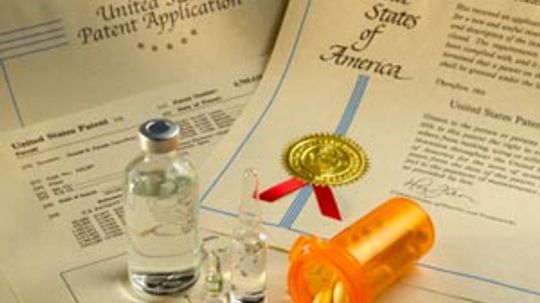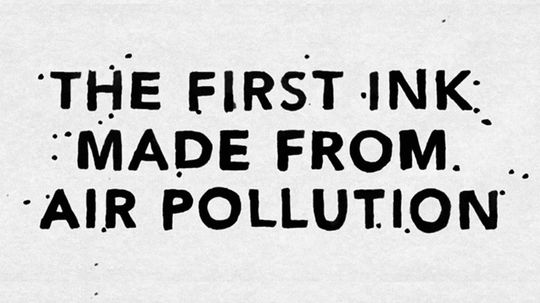New Inventions
New inventions are thought up all the time but very few of them are ever produced and sold. Capitalizing on a new invention requires a bit of know-how. In this section we'll examine how new inventions become new products.
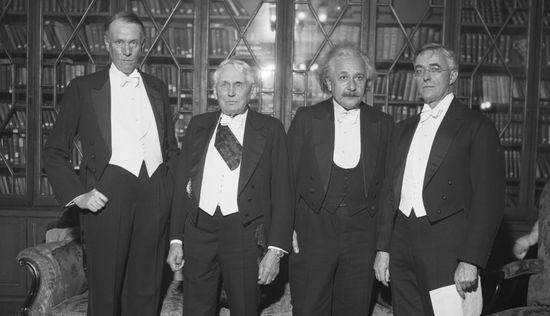
10 Nobel Laureates Whose Work Changed the World
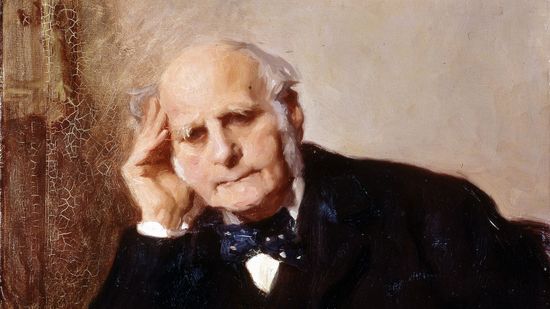
Eugenics Overshadows the Legacy of Scientific Genius Francis Galton

Jane Goodall: A Global Face for Global Peace
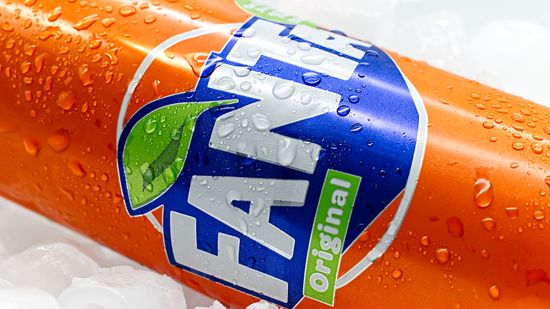
Who Made Fanta? Was It Really the Nazis' Favorite Soda?

'Mad Honey' Comes From Bees That Gather This Specific Nectar

Barrels and Barrels of Aged Beer

Who Invented the Toilet? A Brief History of the Flush

HowStuffWorks: How Porta Potties Work
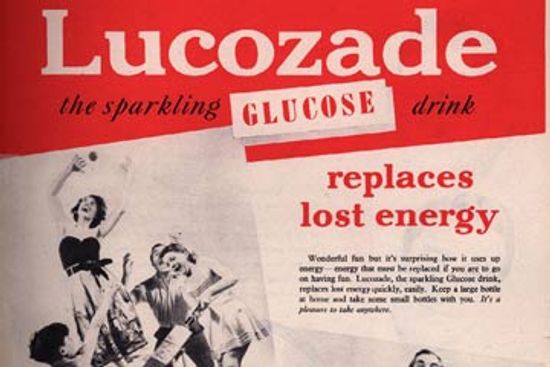
Who invented sports drinks?

Meet the Man Who Invented Cool Whip, Tang and Pop Rocks
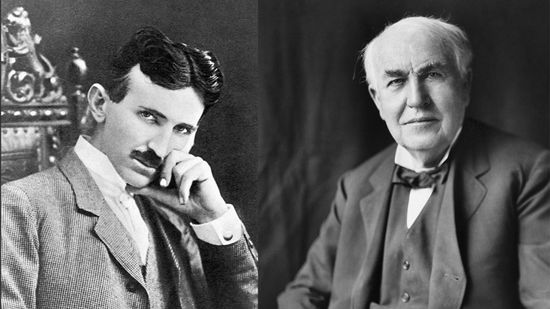
Thomas Edison vs. Nikola Tesla Quiz

Rube Goldberg: The Man Behind the Ingenious Contraptions
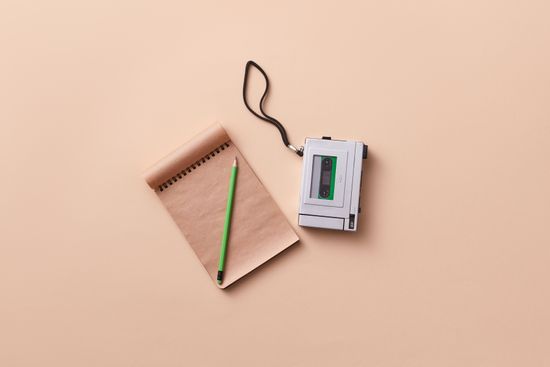
The Evolution of Dictaphones: A Comprehensive History
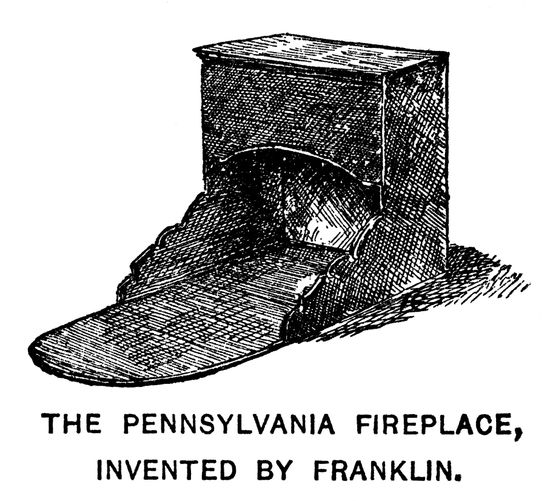
The Evolution of the Franklin Stove: From Invention to Modern Efficiency
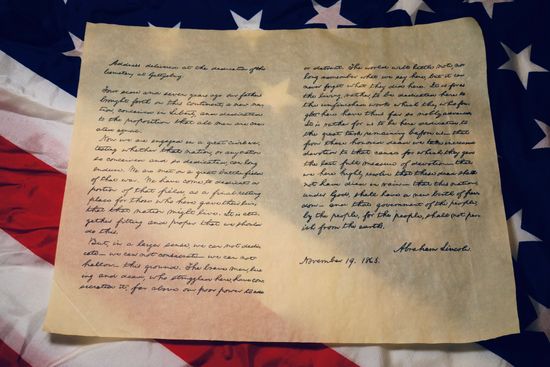
The Fascinating History of the Mimeograph Machine

5 Green NASA Inventions
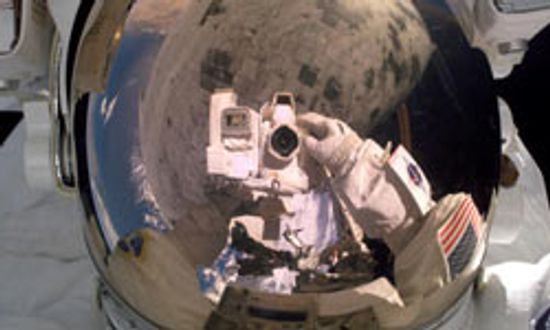
5 Types of NASA Technology in Your Attic

How Has NASA Improved Solar Energy?

10 New Uses for Old Inventions

How Do QR Codes Work? 2D Barcodes Explained

How can a bar code save your life?
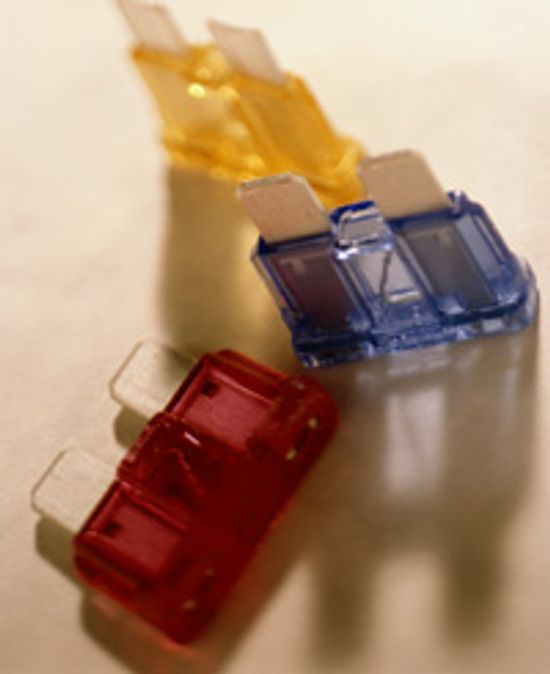
Is it possible to fix a blown fuse with a chewing gum wrapper?

How do scratch-and-sniff stickers work?

10 Oddball Questions Scientists Have Genuinely Tried to Answer
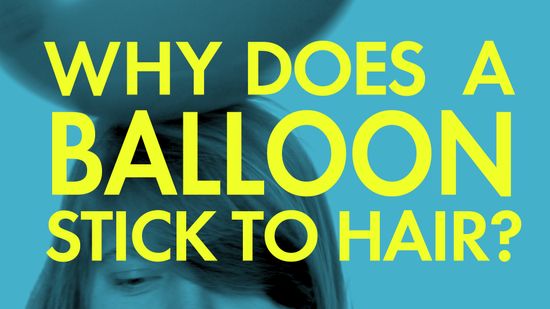
Why does a balloon stick to hair?
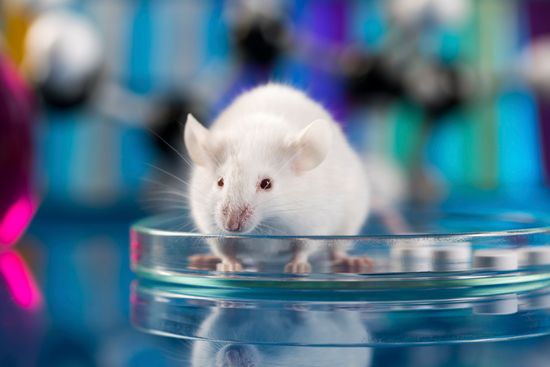
Why Do We Experiment on Mice?
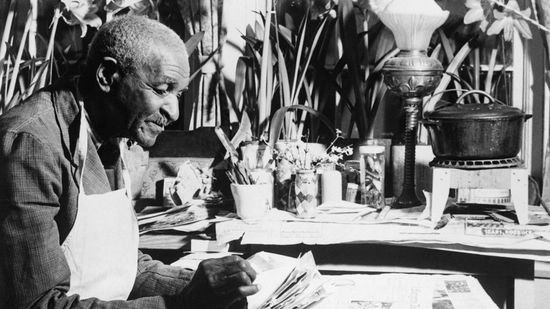
10 Black Scientists You Should Know
Learn More
Even though it's not even really an application, filing a provisional patent application can give you a head start as you begin the process of protecting your invention.
By Jane McGrath
You don't have to be Thomas Edison to come up with a valuable invention. But you do have to be savvy enough to protect that invention if you want to make the money that you deserve from it. In other words, you need a patent.
By Jane McGrath
The difference between a marketable invention and an unusual paperweight can come down to whether the inventor has received a patent on a prized idea. But getting a patent is a tricky business. It's helpful to have the assistance of someone who knows the ins and outs of the process. Enter the patent agent.
By Thomas Moore
Advertisement
You're convinced you have a great, marketable idea, but you're also aware someone could steal the idea if you don't have a patent. It's time to investigate the process of protecting your invention.
By Thomas Moore
This is one 'supermaterial' that might actually live up to its hype. So what is graphene really, and why is it so versatile?
The pollution produced by cars, trucks and factories can be recycled as ink, cleaning the air of dangerous particulate matter and turning it into a useful product.
By Jim Marion

